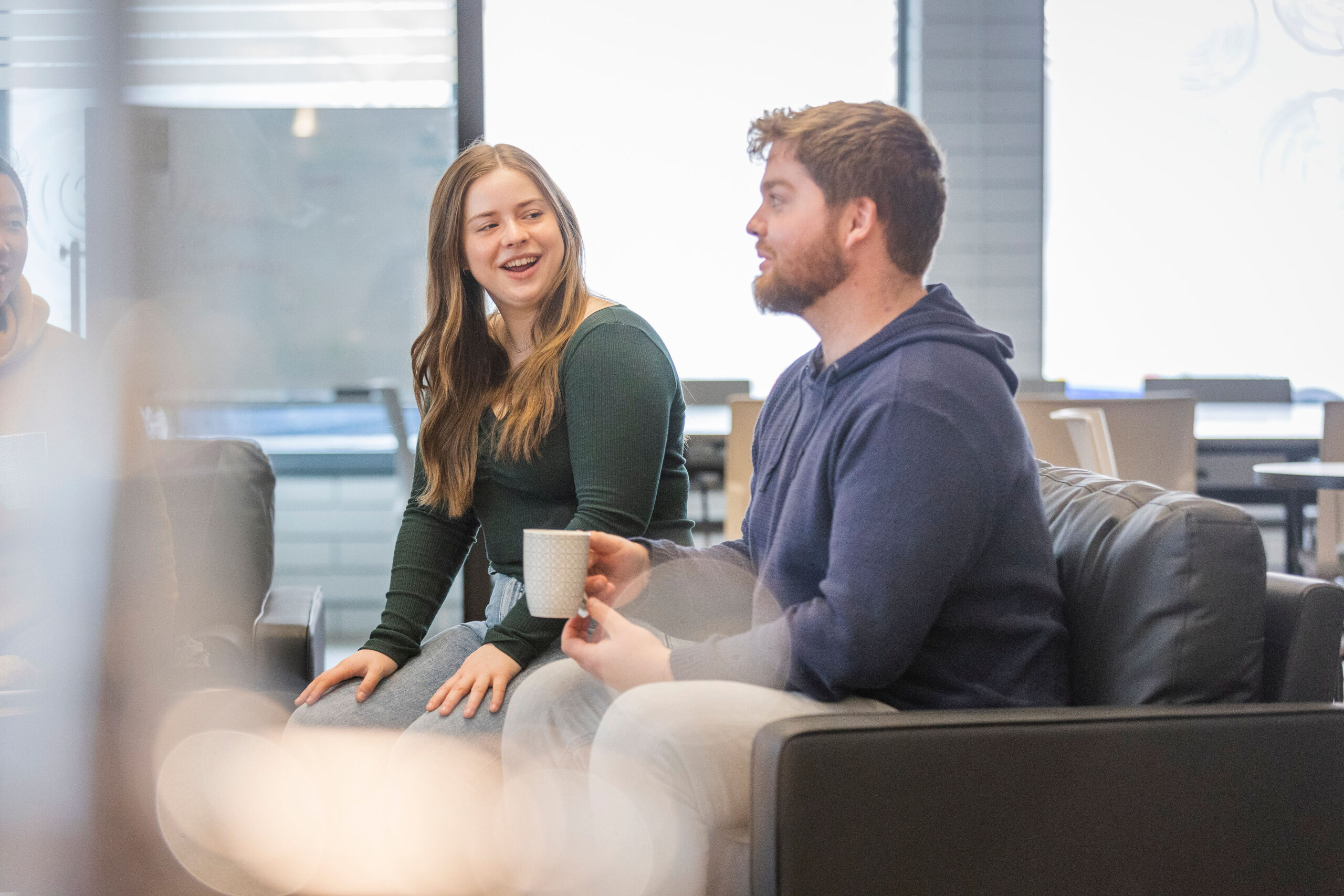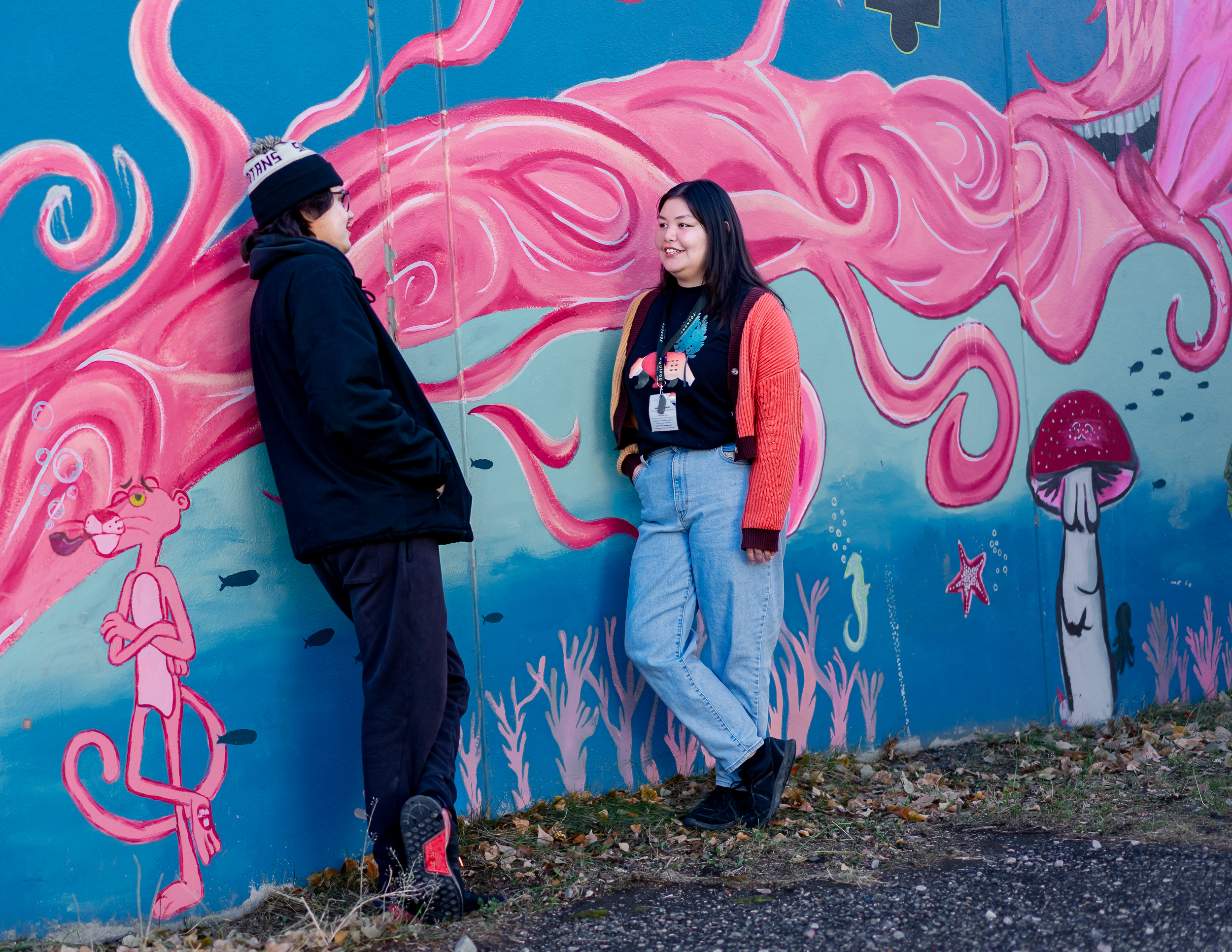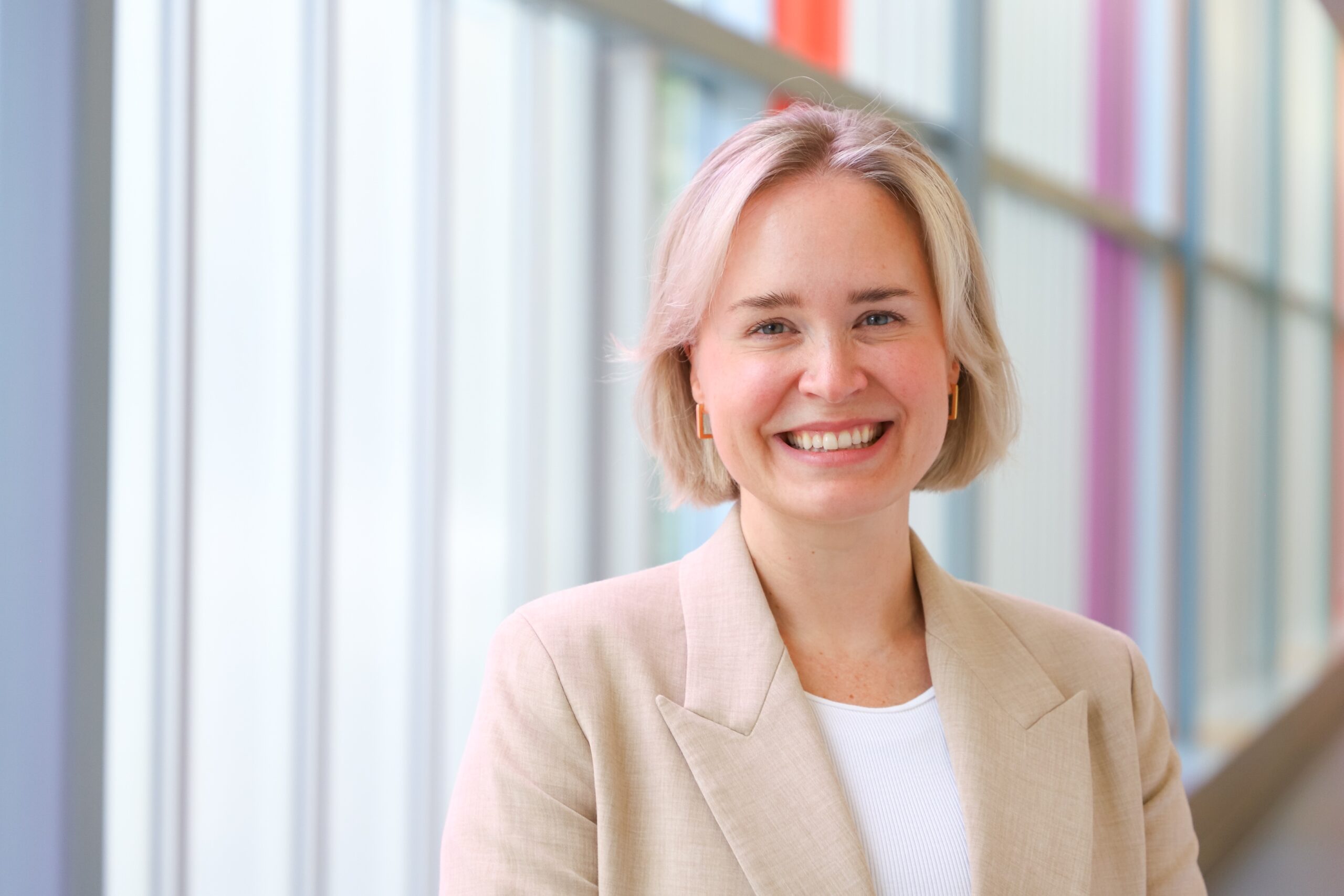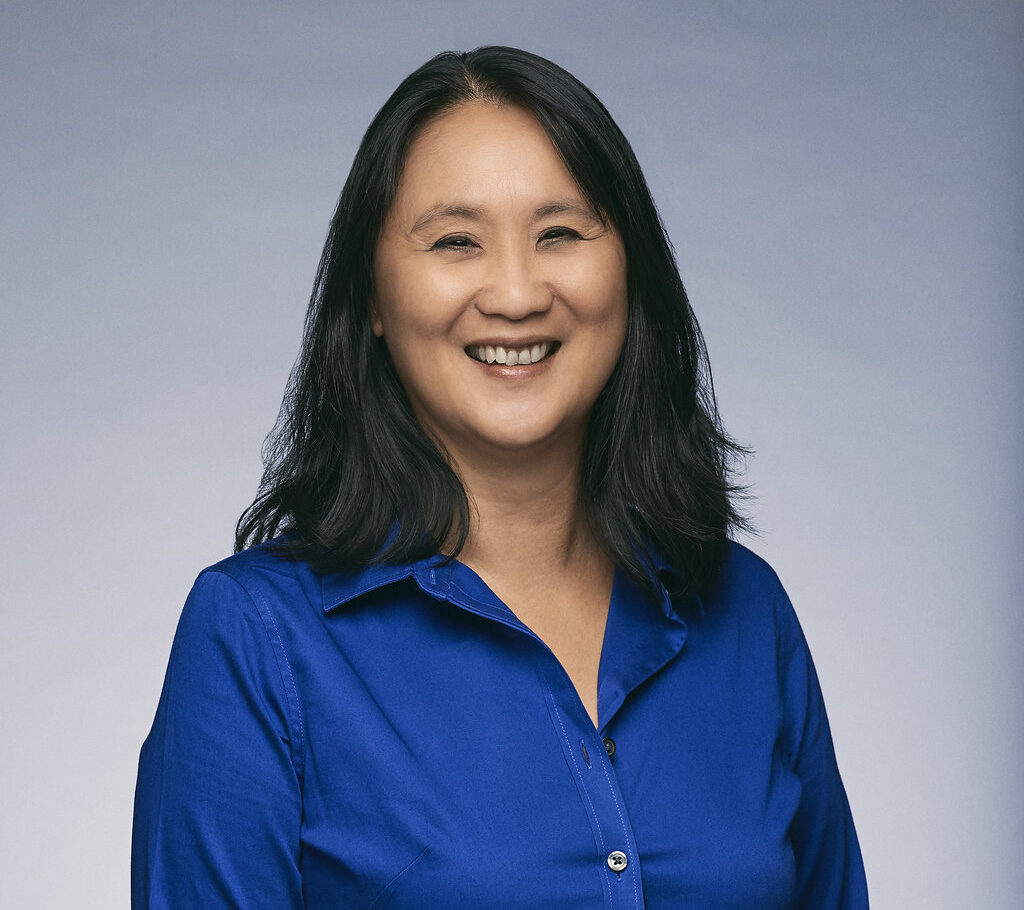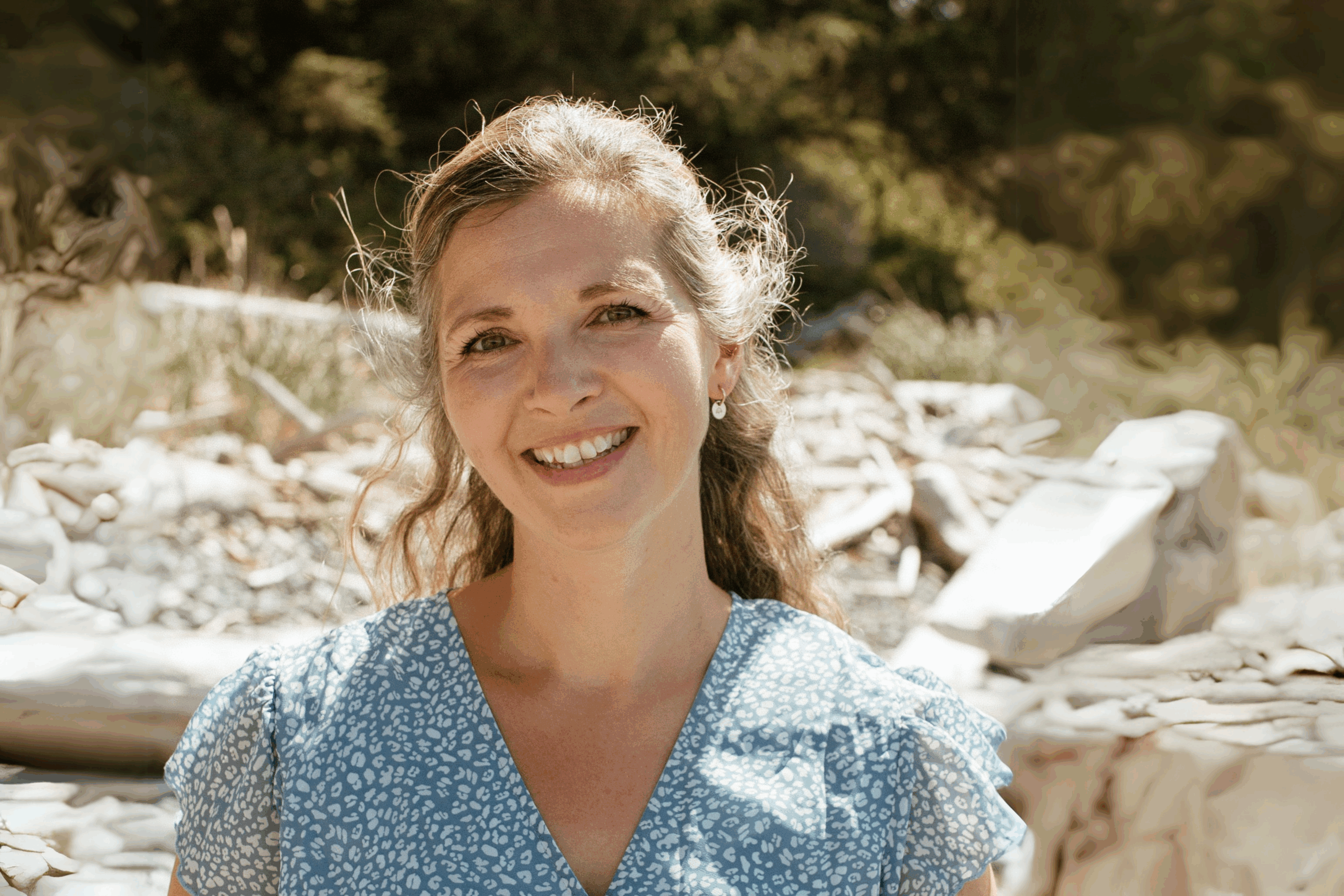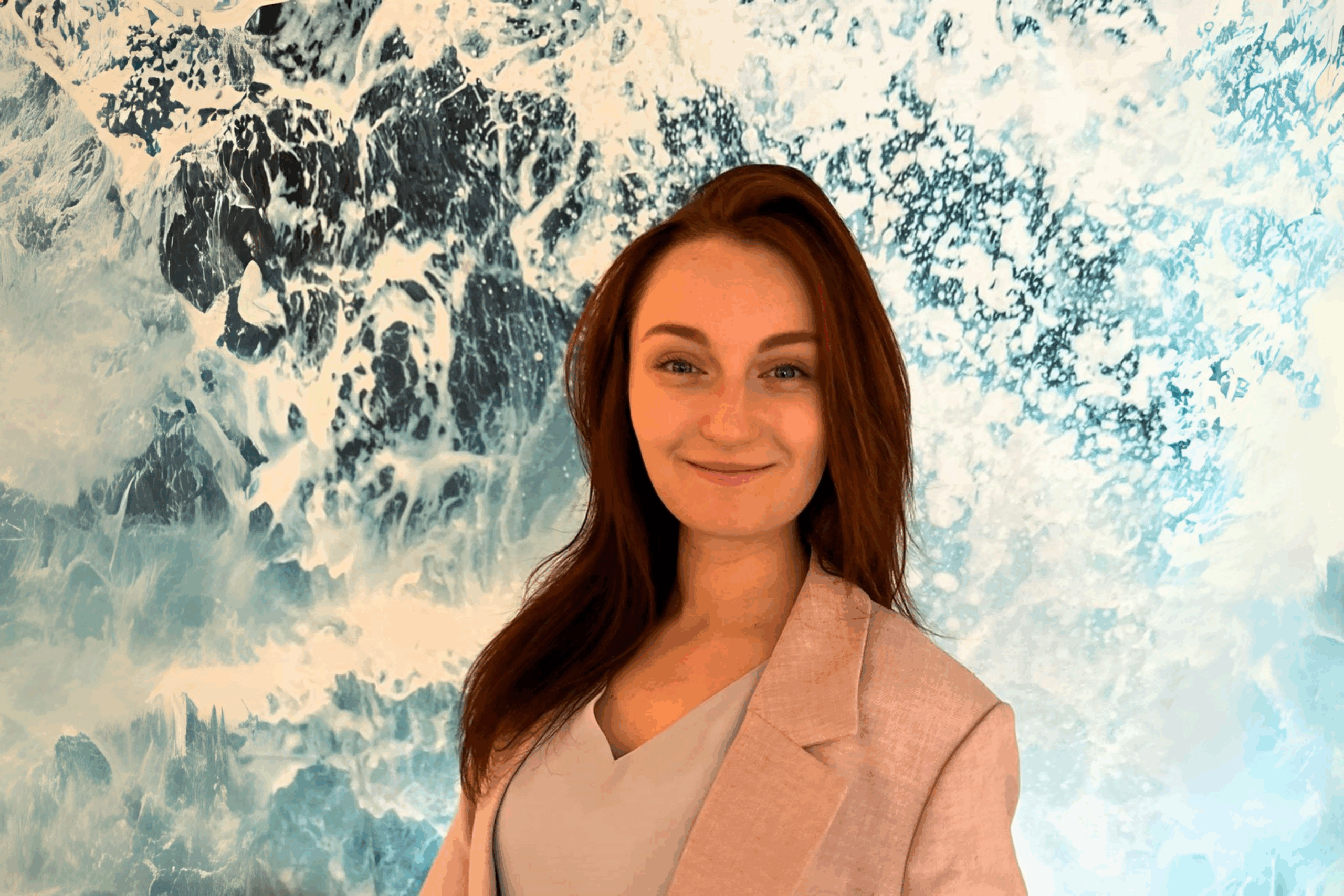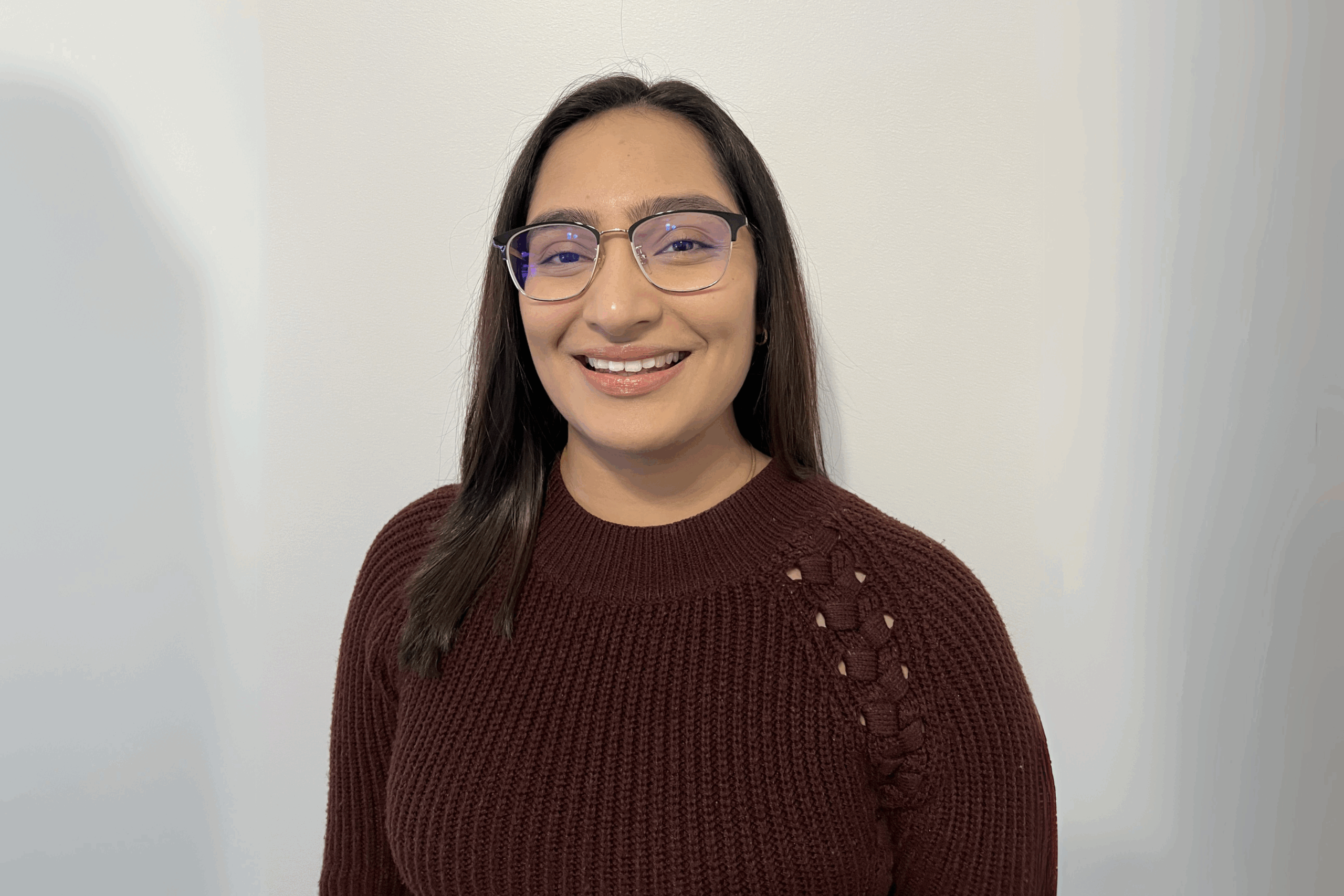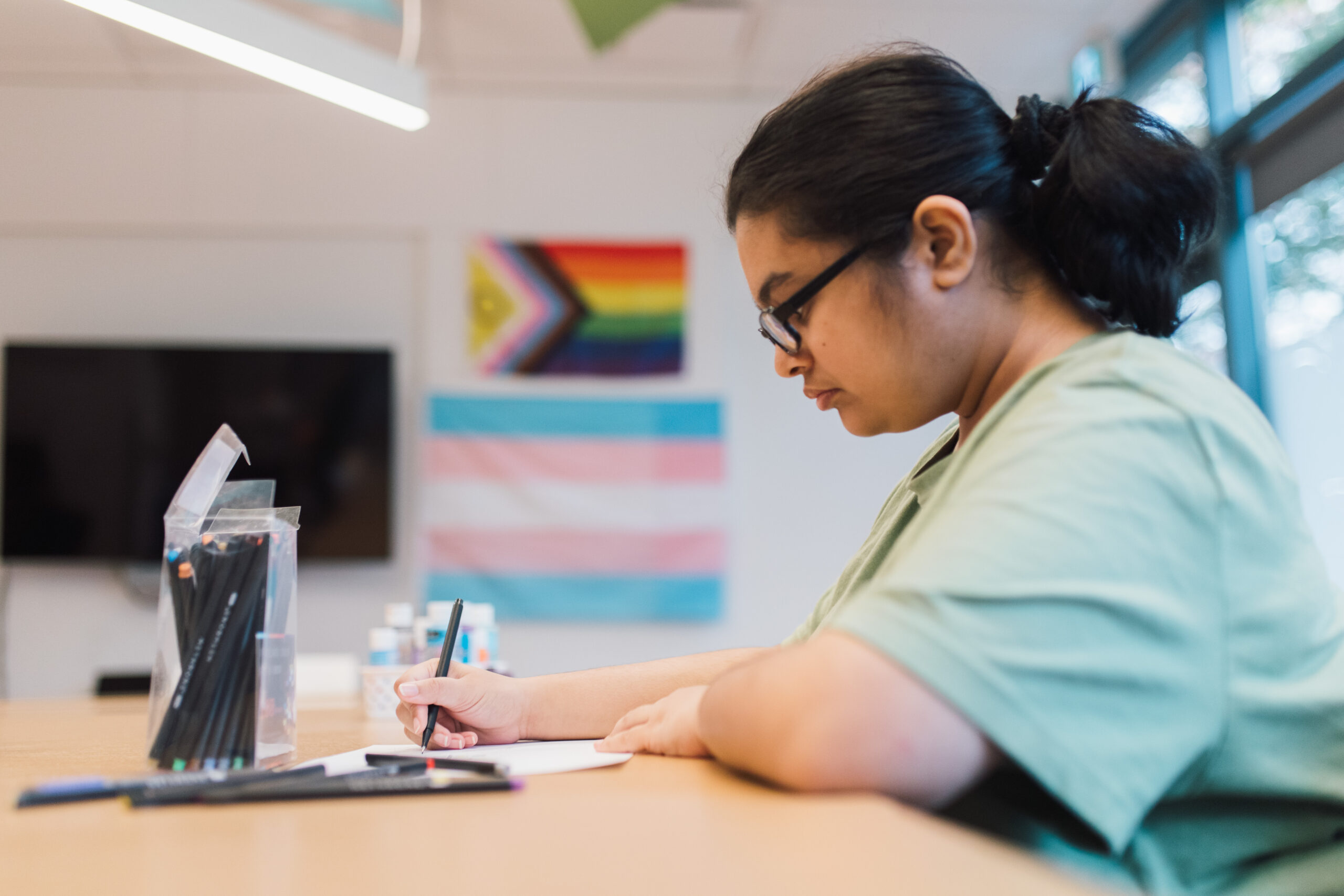Foundry Research
Land Acknowledgment
We acknowledge, with much gratitude, that our work takes place on land steeped in rich Indigenous history and home to many First Nations, Inuit and Métis Peoples today. We recognize and respect Indigenous Peoples as traditional stewards of this land and the enduring relationship that exists between Indigenous Peoples and their traditional territories. We recognize the role research has played and continues to play in perpetuating harm towards Indigenous Peoples and communities and our necessary role in Truth and Reconciliation to repair and move forward in conducting this work in a good way. We see the potential for research to improve the health outcomes and experiences of youth across British Columbia, and we are learning, and unlearning, in ways for our work to be part of that positive change.
Welcome to Foundry Research
Foundry Research brings together researchers, trainees, staff, service providers, community members, young people and families/caregivers who share the goal of making positive change in the lives of young people, families/caregivers and communities by centring their voices in research. We support this goal through the co-creation and implementation of evidence and through knowledge exchange with partners and collaborators. We do this work as part of Foundry, the provincial Integrated Youth Services initiative located in British Columbia, Canada.
On this page, you will find information about the topics we research, our studies, our team and how to connect with us. The work represented on this webpage is not inclusive of all the research happening across the Foundry network. We look forward to continuing to expand the content on this webpage and to highlight and celebrate the incredible work of all our partners, collaborators and communities in our network who are contributing to this important field of research.
Foundry Research is a diverse group of researchers, trainees, staff, young people and family members/caregivers. Stay tuned for bios!
Youth and Family Research Steering Committee
The Youth and Family Research Steering Committee (YFRSC) at Foundry consists of a group of committed and passionate youth and family/caregivers from across British Columbia. The YFRSC develops guidance and tools to support respectful and meaningful youth and family/caregiver engagement as a critical component of research grant submissions and projects at Foundry. The YFRSC also participates in program development and decision making at Foundry Research, supporting efforts to centre youth and family/caregiver needs, experiences and perspectives across all initiatives.
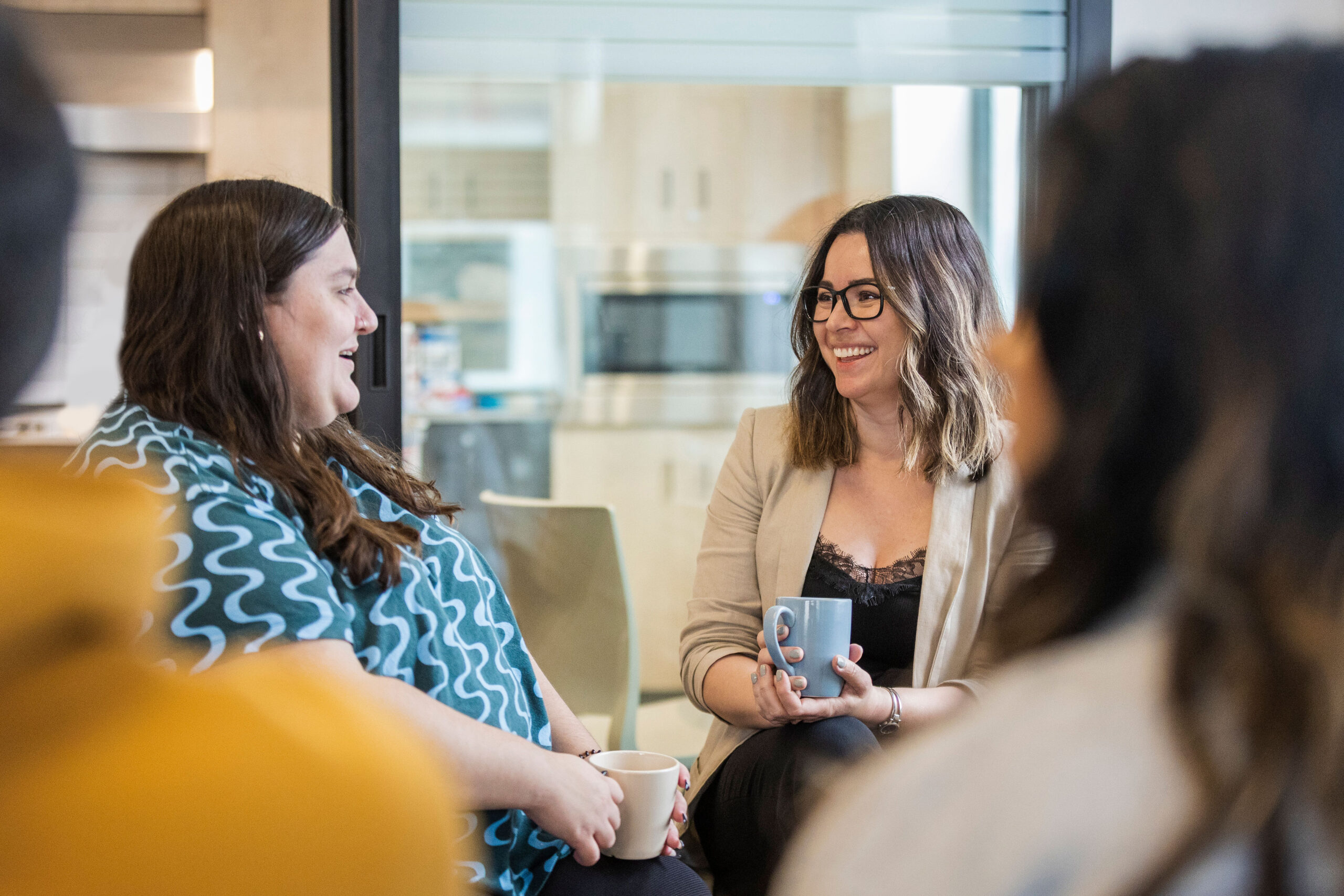
Acknowledgements
Thank you to everyone involved in Foundry Research – this work wouldn’t be possible without the tireless efforts of countless youth, families/caregivers, community and Foundry network members, service providers, trainees, research scientists, policymakers and many more.
In addition to the funders of each of our projects, we would like to thank all of Foundry’s donors and supporters!
